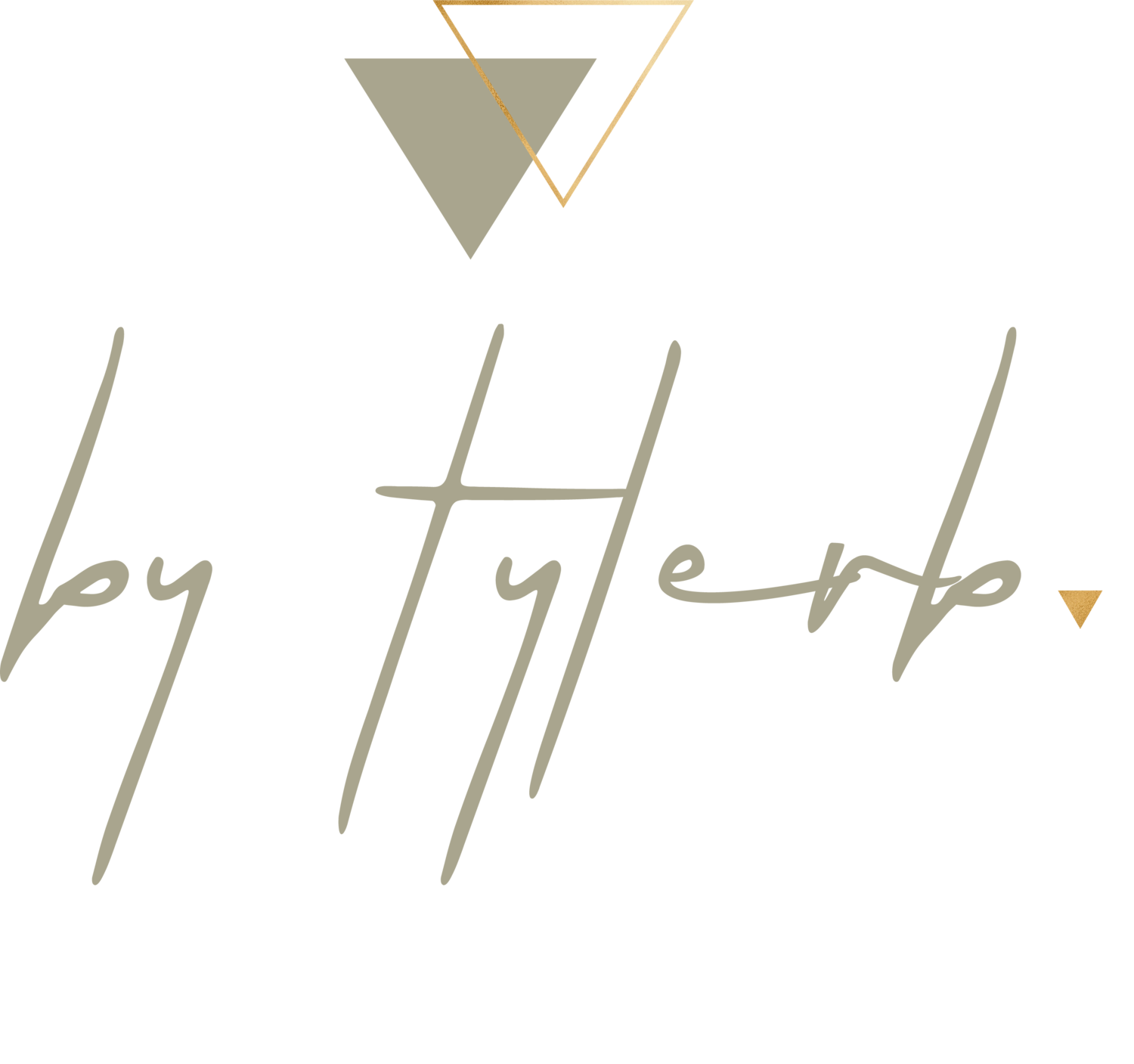The Art of Forgiveness
When old timelines drop out of our reality, we can experience flashbacks from our past. These sometimes show intense emotions that need to be felt, acknowledged, and released. You know you have forgiven when those flashbacks no longer trigger an emotional response.
We are constantly being shown a mirror of ourselves through our situations and relationships. Our lens' of the world is so deeply personal that the way we perceive things is often filtered through the lens of whatever we are going through at the moment. When pain and trauma are the sources of actions and reactions, processing information is at a disadvantage. We have to be intentional about not taking things personally. A negative charge towards anyone else is a negative charge towards yourself.
Everyone we are ever going to meet is or has been broken-hearted at some point. Our lives will always attract, project, and identify with that pain until we heal. My ability to love unconditionally is one of my best attributes. Nevertheless, before learning to curate healthy boundaries, it made me resentful of my vulnerability. After several years of living in survival mode, I realized my ego had created the illusion that other peoples' inability to reciprocate my gifts of forgiveness, unconditional love and unwavering compassion meant that I was flawed. I've since then learned to be gentle with myself and appreciative of myself-awareness to hold myself accountable.
Most importantly, I've learned to forgive myself for operating out of a lower frequency and for everything I've attracted and projected along the way. I've released any negative thoughts I had about myself, and I stand firm in knowing that I am deserving of the love, respect, understanding, and forgiveness that I extend to everyone else. Pain and trauma no longer trump my ability to lie the ego aside and allow love to be the primary source of everything I do. In this, I have found freedom.
Here are some, but certainly not all, of the steps that I've noticed myself using to self-heal through transcendence. I want to note that forgiveness is an ongoing process. Somedays, you may feel like you've released everything, and others like you're starting all over. Honor this.
Acknowledgment
I had to stop pretending my emotions did not exist before I could actually process them. This was particularly hard because I had created a defense mechanism so long ago that I started to believe it was naturally a part of me. When you aren't present with your body, emotions can live in you for years, feeding off any form of energy you encounter, like a parasite. This leads to illness and imbalance. Eventually, I realized that in allowing emotions to remain stuck, I had become a prisoner of them and created an identity around them. The moment I allowed them to flow, I was able to gain clarity of all perspectives and control of myself again. We have to acknowledge what happens to and around us and be honest about how we feel. The heart and mind should not conflict.
Reflection
"It's a marathon, not a sprint."
Following acknowledgment comes an intense wave of five phases: denial, anger, bargaining, depression, and acceptance. The biggest mistake that I have made was matching the other person's energy and timing. I subconsciously manipulate myself, forcing myself to get over it instead of allowing myself the space to heal through it. We reserve the right to process for as long as we need. It's natural to be angry, resentful and hurt when feeling attacked. You are a spiritual being having a human experience; you own the right to your feelings. Integrate, then allow yourself to surrender and heal through each phase, keeping in mind that we will not linearly transmute each stage because healing is not linear. We may internalize one, progress to the next, then relapse back to the first. And that's okay. Give yourself space to adventure through each, as often and long as you need. Allowing stuck emotions to flow is essential. It teaches emotional maturity.
Dissolving the Pain
Non-forgiveness is the mind's refusal to accept the reality of a situation or condition. Its resistance to relinquishing grief and opening itself to the possibility that the future is ultimately beyond its control. Instead, the idea of losing control, also known as the death of ego, causes the mind to panic. Subsequently, you feel that you must remain guarded and impenetrable to protect yourself from being hurt in the future. Consequently, you internalize your trauma and derive an identity from it. The goal is to detach from your mind.
You have the right to acknowledge, reflect, and grieve, but you do yourself a disservice by making a home out of the pain that surfaces during this cycle. You'll subconsciously feed your pain and ego and create a victim identity. Anything to prevent you from taking accountability for yourself and your own healing. It's easier for your ego to control a victim than for someone who is self-governed.
Ironically, the only way out is through. The emotional pain you experience leaves behind a residue that lives on as negative energy inside you when not released - always looking to be triggered and released. If you consider this energy an invisible entity, you can disassociate long enough to realize how self-created it is. You give rise to it by focusing on the past and future illusions and not enough of the present moment.
Remain present and without allowing your thoughts to control you. Permit yourself to experience all of the emotions you are feeling. Don't judge or analyze; release them and any attachments you once held them to. In doing this, you have entered another portal; complete acceptance. You are now beyond the limits of the mind, where there is no resistance to life. This is where forgiveness takes form.
Trust the process.

